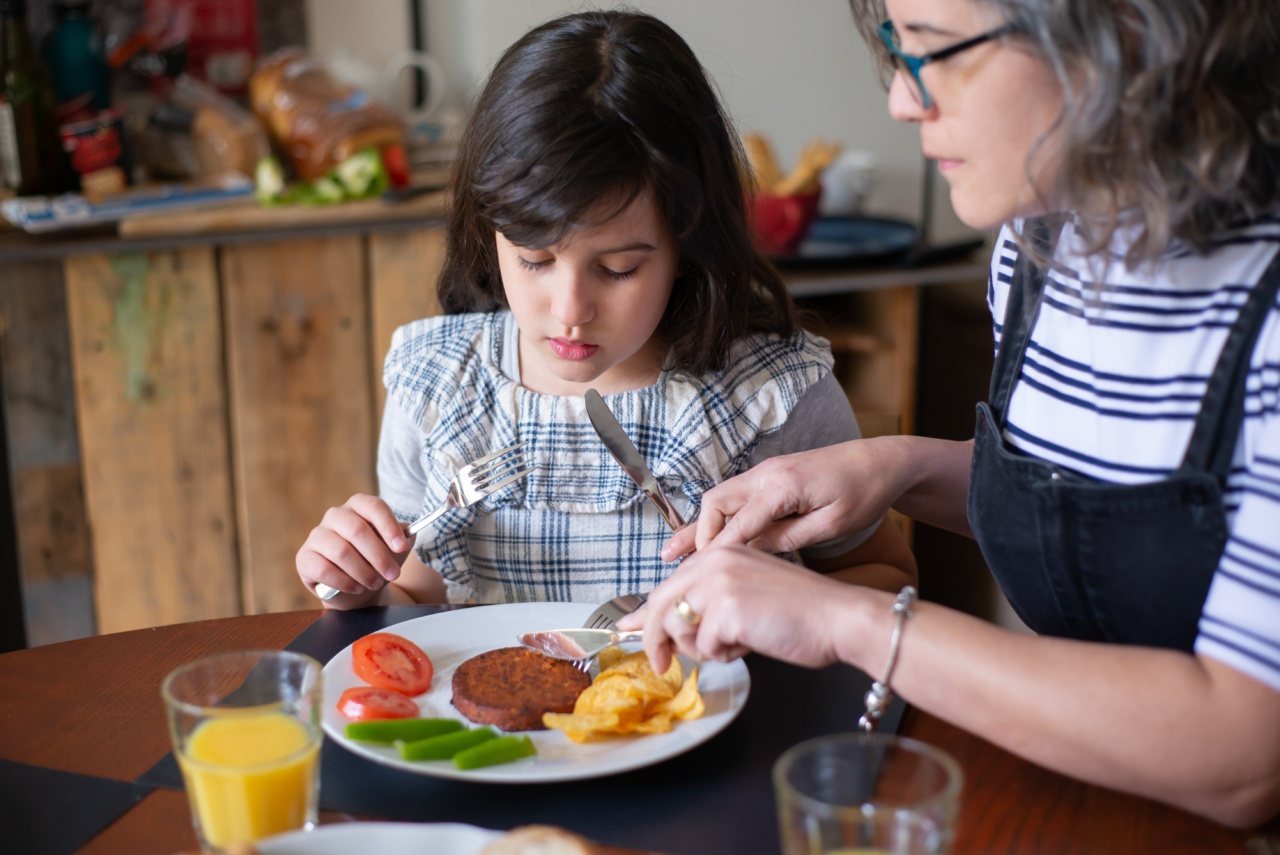Are you tired of your dog begging for food at the table or jumping up to steal a bite? Teaching table manners to your dog is an essential part of their training.
Not only will it make mealtime more enjoyable for everyone, but it will also keep your dog safe from potentially harmful foods.
1. Start with Basic Obedience Training
Before you can begin teaching your dog table manners, you need to make sure they have a solid foundation of basic obedience training.
This includes commands such as “sit,” “stay,” and “come.” Your dog should be able to follow these commands reliably before moving on to table manners training.
2. Establish a No Begging Policy
One of the easiest ways to teach your dog table manners is to establish a no begging policy from the beginning.
This means your dog is never allowed to beg for food at the table, and they are not given any human food as treats while you’re eating.
3. Train Your Dog to Go to Their Spot
A great way to help your dog stay out of the way during mealtime is to train them to go to their designated spot, such as a bed or mat, while you’re eating.
Start by using a specific command such as “go to your spot” and reward your dog when they follow the command. Over time, your dog will associate the command with going to their spot and staying there until you release them.
4. Use Positive Reinforcement
Positive reinforcement is always the best approach when it comes to dog training. Reward your dog with treats or praise when they exhibit good behavior.
For example, if your dog stays on their bed during mealtime, give them a treat after you’re finished eating. This positive reinforcement will encourage them to repeat the behavior in the future.
5. Use a Place Command
If your dog won’t stay in one spot during mealtime, try using a “place” command instead. This involves using a leash and guiding your dog to their designated spot.
Once they’re in the correct spot, attach the leash to a stationary object to keep them there. Over time, your dog will learn to associate the “place” command with the designated spot and will stay there without the leash.
6. Practice Patience
Teaching your dog table manners takes time and patience. Don’t expect your dog to learn everything overnight. Consistency is key, so make sure you practice positive reinforcement every time your dog exhibits good behavior.
7. Avoid Punishment
Punishing your dog for bad behavior is not effective and can damage the bond you have with your pet. Instead of punishing them, redirect their attention to a more appropriate activity.
For example, if your dog jumps up to steal food from the table, redirect their attention to a toy or treat that they can chew on instead.
8. Be Consistent
Like all dog training, consistency is key. Make sure everyone in your household is on board with teaching your dog table manners. If one person lets the dog beg for food, it will undo all of the hard work you’ve put in, so consistency is crucial.
9. Use a Barrier
If your dog is particularly persistent about begging for food, you may need to use a barrier to keep them away from the table. This could be a baby gate or a physical barrier such as a screen door.
This barrier will keep your dog out of reach of any food and prevent them from bothering you during mealtimes.
10. Practice Regularly
Finally, it’s important to practice regularly. Incorporate table manners training into your daily routine, even when you’re not eating. Spend a few minutes each day practicing basic obedience and reinforcing your dog’s good behavior.
With consistent practice, your dog will be a well-mannered companion at the table in no time!.


























